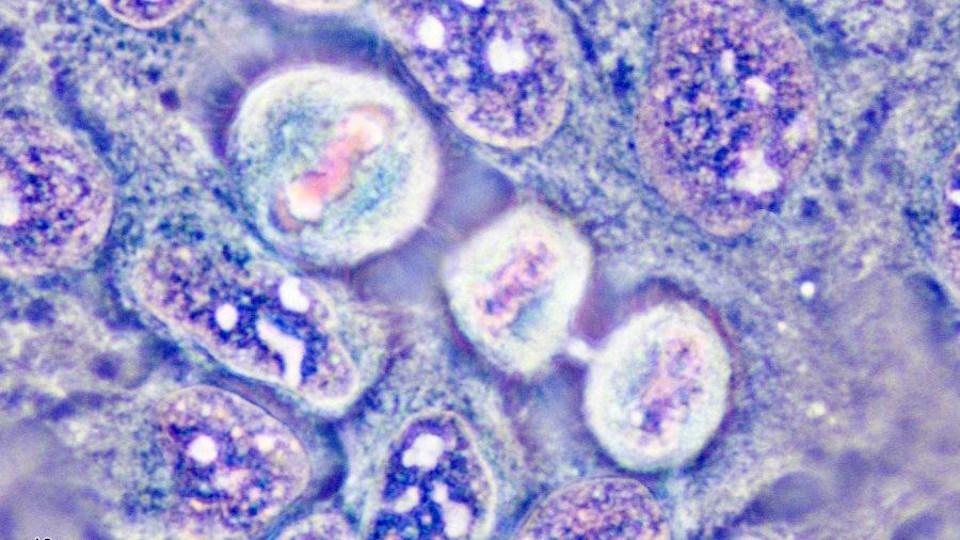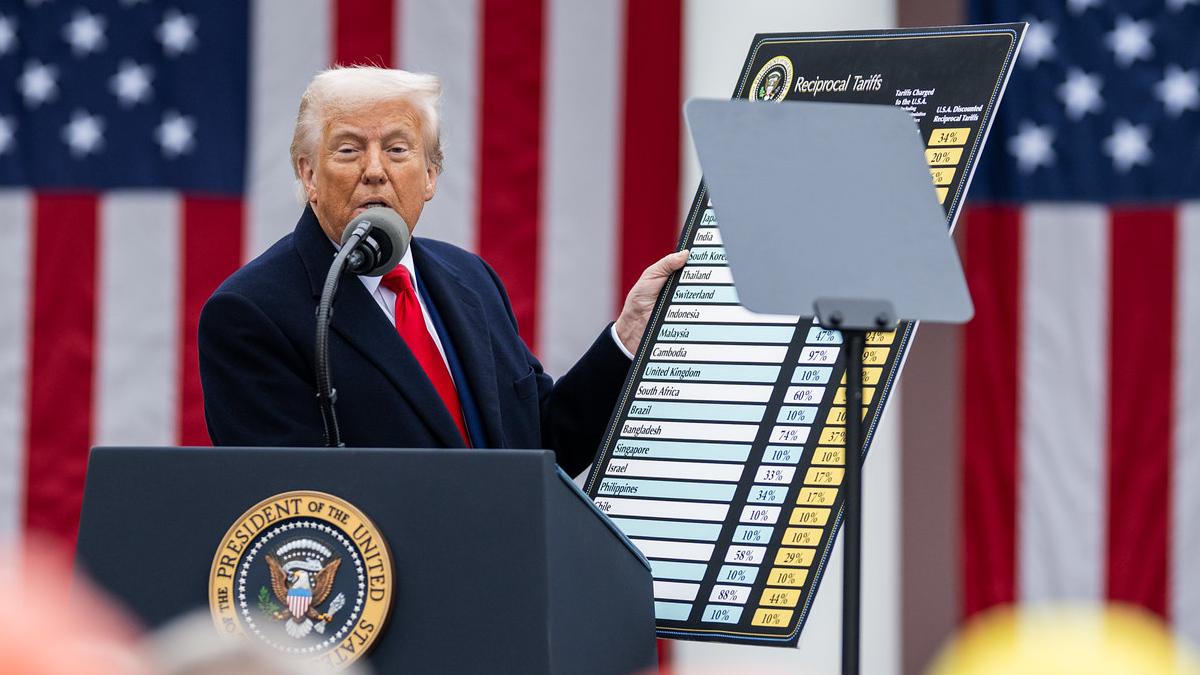Judge says Ultragenyx must face Henrietta Lacks estate suit

An attempt by Ultragenyx to have a lawsuit filed by the family of Henrietta Lacks dismissed before it could be heard has failed.
US District Judge Deborah Boardman turned down Ultragenyx’s request in a Baltimore federal court, concluding that the allegation that the company had profited from cells harvested from Lacks without her consent should be held up to scrutiny.
The complaint – filed last year – claims that Ultragenyx made “a conscious choice” to commercialise Lacks’ living genetic material in the form of so-called HeLa cells, derived from cervical cancer cells taken from Lacks by clinicians at Johns Hopkins University shortly before her death more than 70 years ago.
They were the first cells able to be grown continuously in the lab, facilitating big leaps forward in medical research in the intervening decades. The Lacks estate filed its lawsuit against Ultragenyx shortly after Thermo Fisher settled a similar case for an undisclosed amount.
According to the lawsuit, Ultragenyx’s work on gene therapies – based on adeno-associated virus (AAV) vectors that are generated in HeLa cells – is effectively “treating Mrs Lacks’ body as a mere manufacturing tool without consent” and “denies her and her family basic dignity.”
As part of her decision, Boardman wrote: “Today, the court reaches one modest conclusion about this dispute: if what Lacks alleges is true, it is plausible that Ultragenyx is liable to Lacks for unjust enrichment. For the reasons explained in this opinion, Ultragenyx’s motion to dismiss is denied.”
While it was not illegal to take patient samples without permission at the time, and Johns Hopkins University has said it did not profit from the cell line, the broad utility of HeLa cells meant other companies patented methods of use that have generated revenues.
“This historic ruling is not only a victory for Henrietta Lacks’ family; it presents an opportunity to correct a monumental wrong,” said the Lacks estate attorneys Ben Crump of Ben Crump Law and Christopher Seeger of Seeger Weiss in a statement shared with pharmaphorum. “We invite Big Pharma to the table to resolve this on behalf of Henrietta Lacks’ family.”
Ultragenyx, which has not commented publicly on the ruling, had moved for dismissal on various grounds, including that too much time had elapsed before the claim was filed and that its alleged enrichment from HeLa cells is too remote from the original wrongs against Henrietta Lacks to state a claim for unjust enrichment. It also said that the estate is seeking a payout on “huge profits” that simply do not exist.
Boardman wrote in her 76-page opinion that none of its arguments were valid under Maryland law.
Image by Doc. RNDr. Josef Reischig, CSc. via Wikimedia













